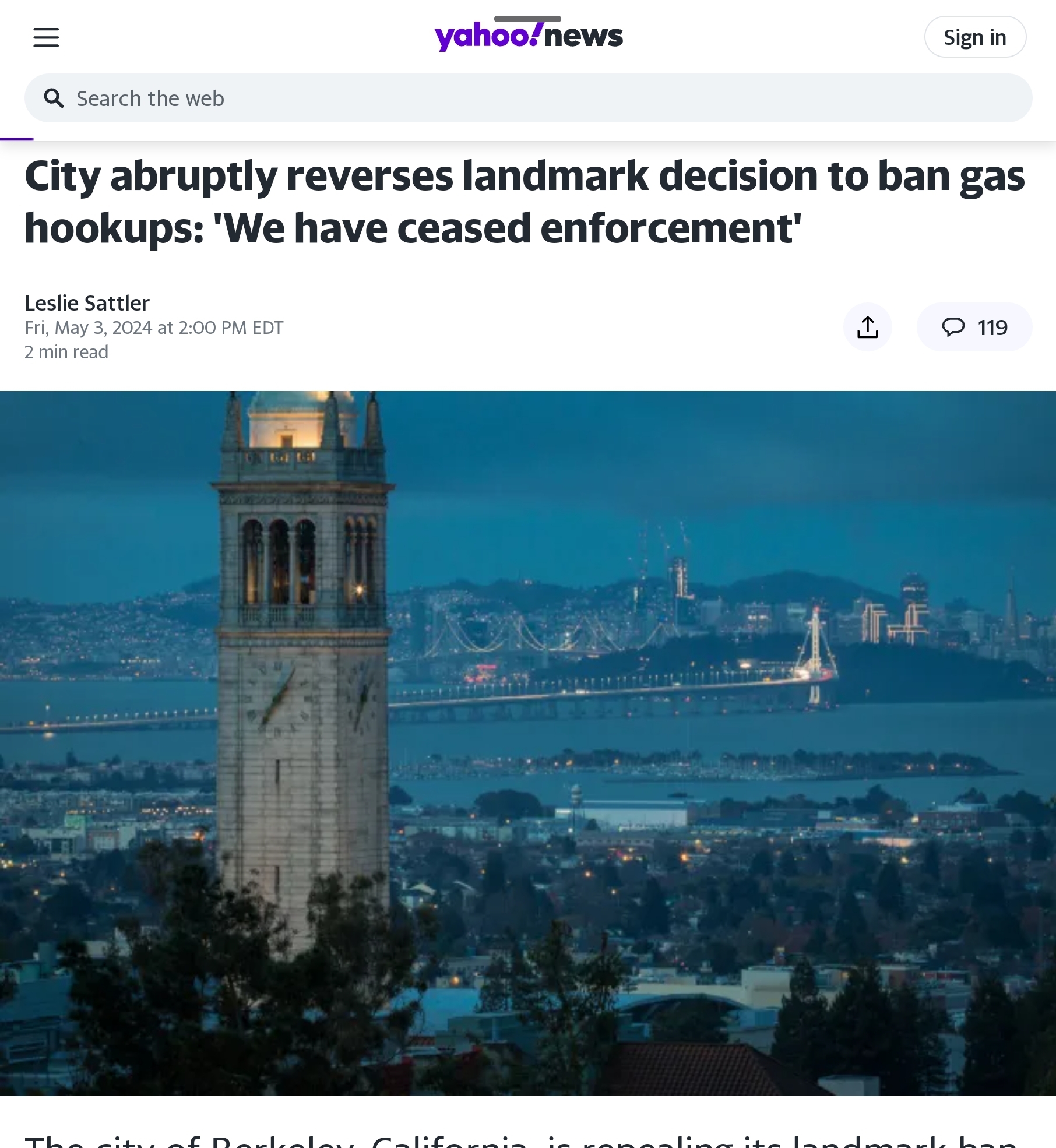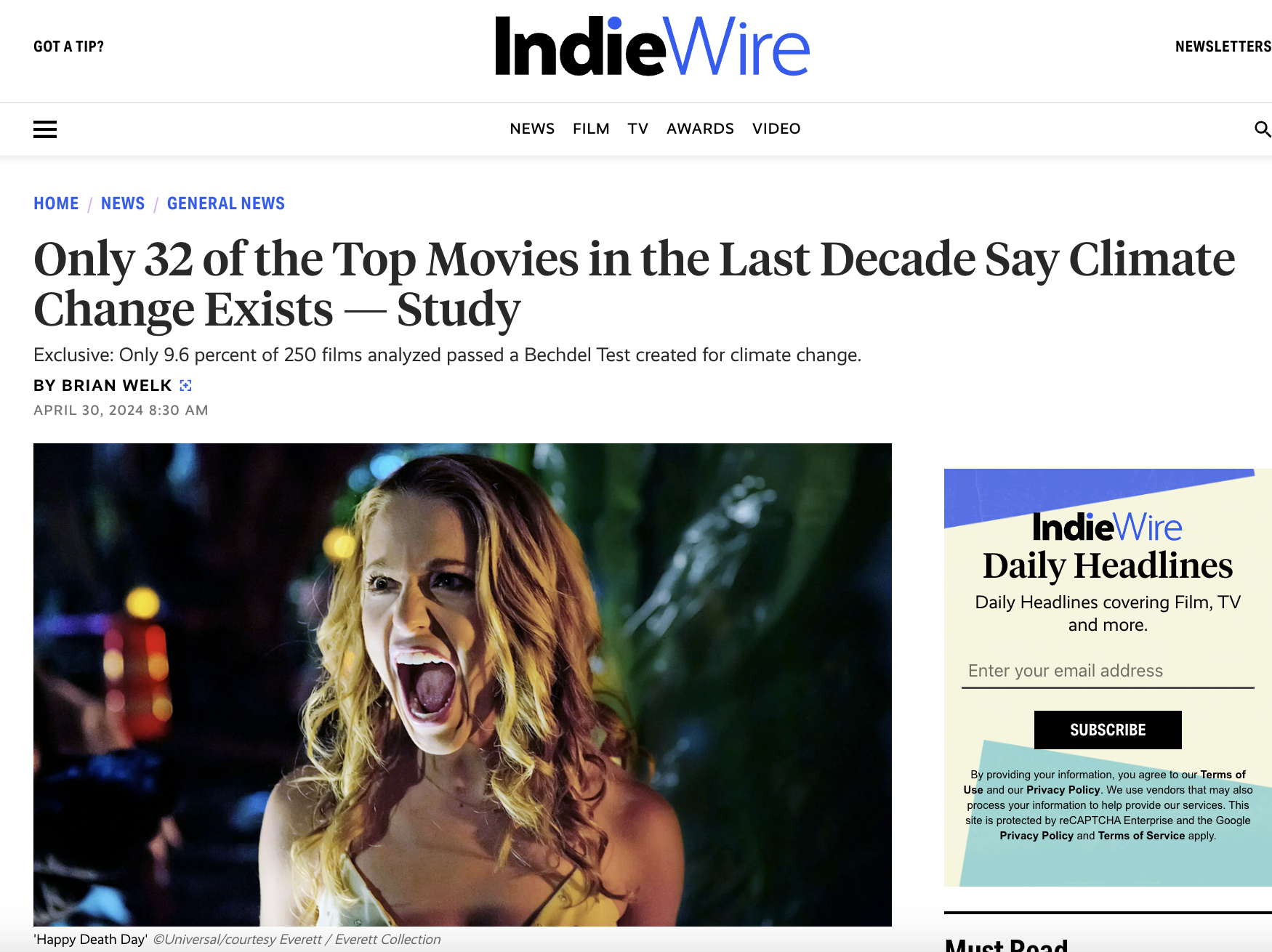https://wng.org/roundups/big-tech-cracks-down-on-climate-dissent-1634247947
Big Tech cracks down on climate dissent
Politics has shut down scientific debate, skeptics say.
Beginning next month, Google will implement a new policy to crack down on “climate change misinformation.” The tech giant announced in an Oct. 7 blog post it would start removing ads and YouTube content that counters the “scientific consensus” about global warming.
Skeptics of the IPCC say such messaging is alarmist, but media companies that have grown less tolerant of dissent are working to deplatform skeptical views.
Google, which raked in $147 billion in ad revenue last year, said advertisers and YouTube content creators had reached out with concerns about climate-skeptical material. According to the company, creators and advertisers do not want their products associated with material that casts doubt on common climate claims. It said it would no longer publish ads calling global warming a hoax or denying human involvement in climate change, nor would it allow YouTube videos with such content to make money from the platform’s monetization program.
As a caveat, Google said it would review the context of climate claims so as not to block content that simply discusses a false claim. But if claims stated as fact are designated as false according to the IPCC, they’ll have no home on Google’s platforms.
Author Marc Morano said the problem of censoring nonconsensus views has only grown worse.
“You used to be able to have a debate,” said Morano, who worked as the communications director for the Senate Committee on Environment and Public Works from 2006 to 2009.
President George W. Bush welcomed “vigorous debate” over climate change and committed to reducing greenhouse gases. President Barack Obama invested aggressively in clean energy initiatives and signed on to the Paris climate agreement. When President Donald Trump took office, he reversed course, rolling back some Obama environmental regulations and withdrawing from the Paris agreement. Critics called him a climate denier. Since then, the environment has become an increasingly polarizing issue for Republicans and Democrats.
President Joe Biden has now reversed U.S. policies again, creating a new Climate Policy Office and arguing environmental concerns need to be a high priority in national security and foreign policy decisions. He included sweeping energy and environmental policies in his $3.5 trillion budget reconciliation proposal, legislation crafted to dramatically increase spending while bypassing the need for Republican support.
Morano said that even before the Trump administration, he saw the tide turning against dissenters, such as when he showed up for media interviews only to find his slot canceled or a debater refusing to speak with him. After Trump took office, he said, the mainstream media clamped down on nonconsensus views about the environment. “Climate became the third rail of politics. No one is allowed to challenge it in any way.”
Morano left the public sector to manage the climate news website Climate Depot, write books on climate change, and produce documentaries challenging the mainstream climate message. The first one, Climate Hustle, played in theaters and streamed on Amazon Prime when it released in 2016. Morano and his team released a sequel, Climate Hustle 2, in February, only to find their social media posts underperforming or charged as political ads. Amazon Prime refused to stream Climate Hustle 2, citing content rule violations. When Morano pointed out that Amazon had allowed the first film, it removed that one, too.
Morano maintains that research does not show significant increases in global warming, extreme weather events, or carbon dioxide emissions when measured in long-term scales. “But if you challenge the UN agreement or the Green New Deal, you’re fact-checked as wrong, deplatformed, and silenced because the last thing they want are people demanding answers.”
Facebook does not have a policy about climate-related content, but it categorizes statements like “Offshore drilling is a benefit” or “How can we better tackle climate change?” as political messaging. The tech giant includes environmental politics in its list of ads frequently needing disclaimers, including content “for or against topics including but not limited to climate change, renewable/sustainable energy and fossil fuels.”
Environmentalist and Hoover Institute visiting fellow Bjorn Lomborg takes the view that climate change is a real problem, but he critiques mainstream media for failing to inform the public about environmental statistics that contradict alarmist narratives. In a recent article for Business Day, he pointed to statistics showing a decline in climate-related deaths since the 1920s, even as the global population quadrupled. (Facebook fact-checked the same information and covered it with a “false information” shield.)
“Contrary to the current narrative, our adaptive capacity is vastly larger than changing climate risks,” he wrote. “For a smart climate conversation, we need to insist on seeing all the data.”



